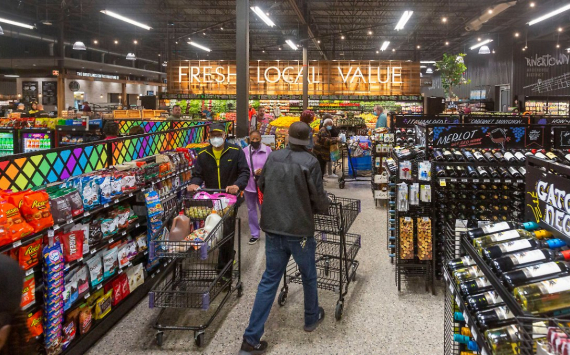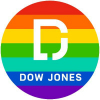
Record jump
Inflation in the US in October rose more than economists expected the consumer price index reached 6.2% compared to the forecast of 5.8%. The stock market reacted by lowering indices, with analysts expecting the negative trend to continue and investors' concerns to rise.
On Wednesday the Labour Department published a worse-than-expected consumer price index for October, the most important economic indicator that reflects price increases for a wide range of products that consumers buy every day.
The report follows the publication of the producer price index on Tuesday the report showed an 8.6% increase from last year's value. The producer price index rose 0.6% last month after rising 0.5% in September.
The stock market reacted with indexes declining before the start of trading on Wednesday, with the S&P 500 down 0.36%, the Dow Jones down 0.18% and the Nasdaq 100 down 0.66%.
US consumer goods inflation rose 6.2% in October from a year earlier, an acceleration from 5.4% in September and the biggest increase since November 1990. Market analysts had forecast an increase of 5.8%. On a month-on-month basis, the consumer price index rose by 0.9% against a forecast of 0.6%.
Excluding volatile food and energy prices the so-called core consumer price index rose 0.6% against a forecast of 0.4%.
The ministry said that the biggest increase in prices was seen in energy costs, namely petrol. Inflation also increased in housing, food, new and used cars and trucks, transport services, clothing and medical services. Overall, energy prices rose 4.8% in October and 30% over the 12-month period. Market experts say the global economic recovery is pushing up oil prices, with petrol prices hitting a seven-year high. Brent crude is up more than 60% this year. The US Energy Information Administration on Tuesday forecast a slight increase in petrol prices for 2021 and 2022 in its latest short-term energy outlook, up from its forecasts last month.
Sam Bullard, chief economist at Wells Fargo, said: "the growth in supply and services has raised serious concerns that faster-than-expected inflation may take longer than the Fed believes."











